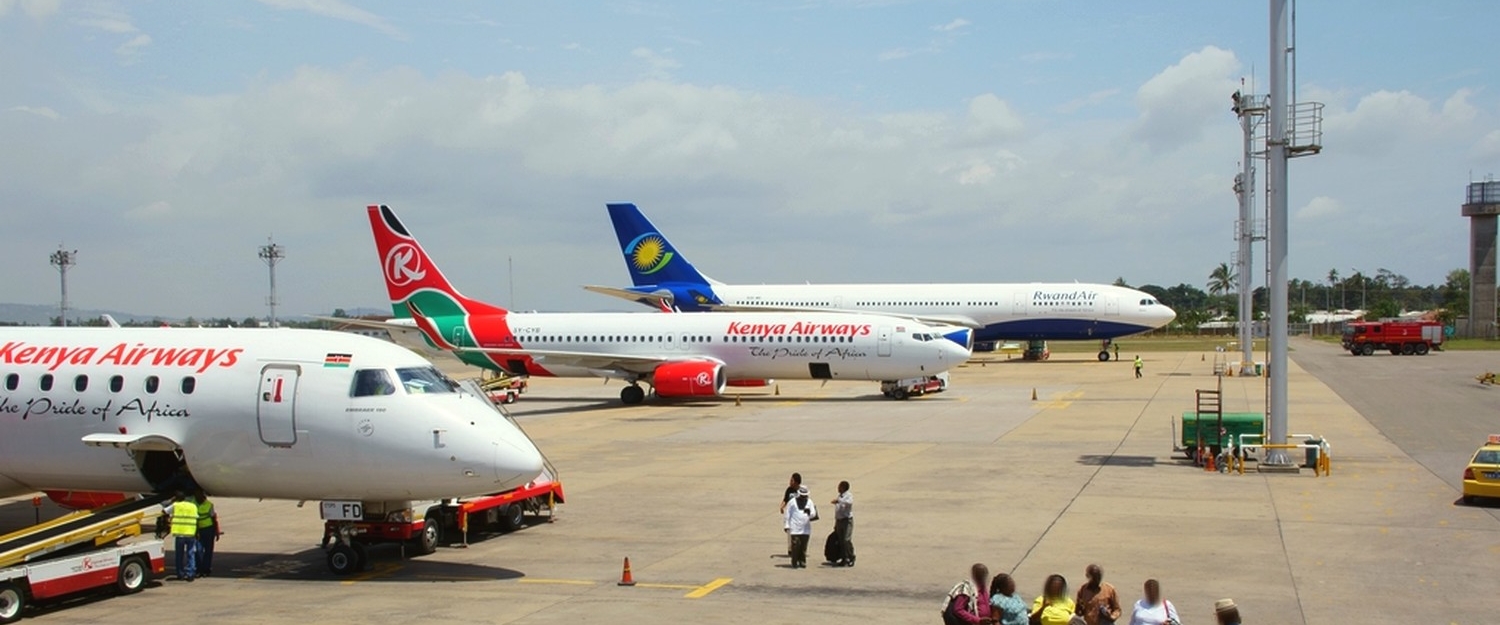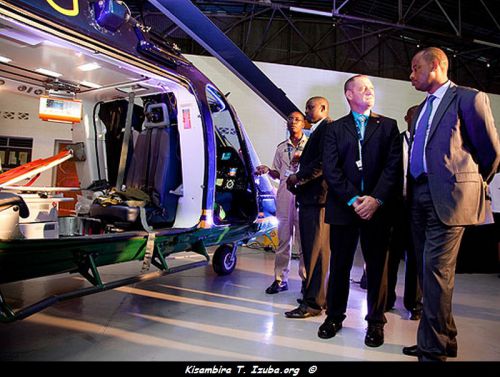How Rwanda Can Become a Medical Tourist Destination
12/04/2013
You can read a similar article published, some month ago : HERE
BY ALINE AKINTORE
I have been paying keen interest to all the ado about medical tourism in Rwanda and our ambitions to become a regional healthcare giant. My siblings and I were talking about this vision over dinner a few days ago and it became clear very quickly that despite our best intentions, it may be a long while before we get there.
Think about it: How many people do you know who have had to go abroad for treatment? I know quite a few and this is because Rwandans are more of medical tourists to other countries than we are leisure tourists. Medical tourism constitutes the travel to other nations to seek affordable, specialised healthcare – countries like India, South Africa and of late, Kenya, come to mind.
One of the strategies Rwanda is deploying is to attract investors to set up medical facilities, facilities akin to Dr Agarwal’s Eye Hospital near Kisimenti.
This hospital fills a gap for local needs and will certainly draw patients from the region seeking world-class eye care. Of course other opportunities abound: oncology experts are lacking in the region, fertility treatment although taking off in Uganda is certainly still lagging, cosmetic and non-cosmetic plastic surgery procedures are mostly high-risk and treatment for conditions caused by aging are hard to come by within this part of the world.
With this in mind, how can Rwanda position itself to become an ideal medical tourist destination? I certainly think it goes beyond welcoming investors to open hospitals here.
First of all, our public and private health facilities need to build confidence in local patients. If health centres in Kigali are anything to go by, we still have a long way to go (I recognize the fact that from a public health standpoint we are doing well with decreasing prevalence of malaria, reduced child mortality, etcetera).
Medical malpractice is unbelievably prevalent and for the most part, litigation is limited. Due to the shortage of competent doctors, waiting time for non-urgent treatment is preposterous at times. I think it says a lot that a number of women leave the country just to give birth.
So first things first, let local care providers prove themselves to locals first, and then seek international accreditation as a second step. However, maybe I am looking at the stem and leaves and paying no mind to the roots. It could be that what we really need to do is pay attention to our health training institutions and invest heavily in making health education world-class.
At the end of the day, it will be hard to point out any medical destination that doesn’t have a robust health education system and more importantly, heavy investment in Research and Development (R&D) and clinical trials.
Take India for example: a country that has invested in R&D and is becoming a big player in the global pharmaceutical industry with both local and multinational companies operating research and production labs all over the country. It will be impractical for someone to fly all the way to Rwanda for treatment and pay for exorbitantly-priced drugs that have been imported into the country under heavy tax duties. I don’t know of a drug manufactured in Rwanda (email me if you know of any).
Alongside education and pharmaceuticals is medical technology. State-of-the-art medical equipment is expensive and requires trained staff to operate it. Part of the success story of India and South Africa in this regard has been local innovation in medical technology supported by ICT in partnership with global giants like General Electric such that equipment is produced in these countries, and subsequently a workforce to operate it.
Lastly, there needs to be synergy between government, healthcare and insurance providers, industry and academia in order for their actions to resonate and give our healthcare system competitive advantage.
To summarise this, on our journey to becoming a regional medical destination let us produce more doctors and nurses with world-class training, invest in R&D for medical conditions, pharmaceuticals and medical technology – only then will Rwandans stop flying out to get treatment, and citizens from around the continent will start flying into Rwanda seeking medical attention. Period.
(SOURCE : THE NEW TIMES : HERE)
A découvrir aussi
- Kenya and Rwanda enhance cooperation in the Tourism sector
- Despite the growth, Rwanda tourism industry suffers of a lack of staff skills
- Rwanda Restores Ecosystems, Generating Record Tourism and New Opportunities for Growth


